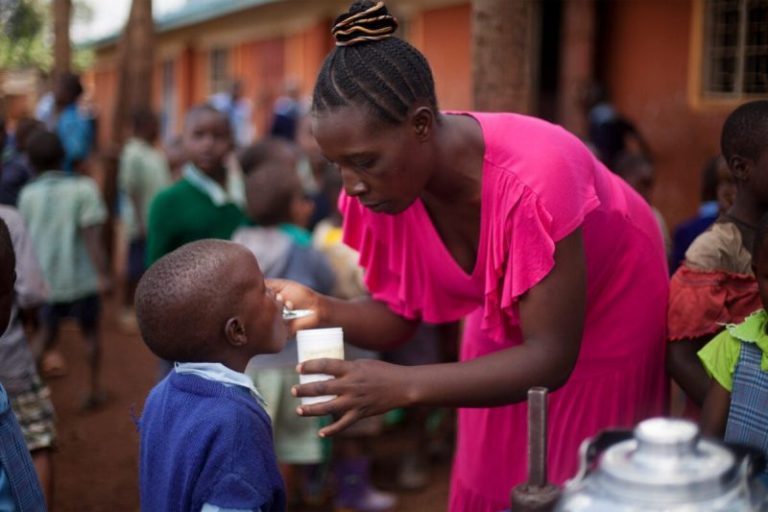Children who receive sustained treatment against common parasitic infections grow up to achieve a higher standard of living, with long-lasting health and economic benefits that extend to their communities, according to new findings from an international research team.
The pioneering 20-year study of Kenyan schoolchildren led by Edward Miguel, an economist at UC Berkeley, and co-authored by Michael Kremer, the Gates Professor of Developing Societies and winner of the 2019 Sveriges Riksbank Prize in Economic Sciences in Memory of Alfred Nobel, found that youngsters who received a few extra years of deworming treatment — costing as little as 50 cents a child per year — eventually achieved better jobs and attained higher incomes than those who got less treatment.
“We found that, in Kenya, this modest investment led to significant improvements in the lives of infected individuals and for whole communities, and the benefits are long-lasting,” said Miguel, a development economist. “But parasitic infections remain prevalent in many low-income countries, and there’s a resurgence in some poor, rural low-income areas of the United States. Clearly, this research can serve as a guide to policymakers in much of the world.”
Kremer, whose Nobel Prize recognized his development of novel ways to study poverty, said the research also provides an unanticipated warning in light of the COVID-19 pandemic: Students who lose a year or more of school — and school-based social services — may likewise risk suffering lasting negative impact on their work and earning power.

